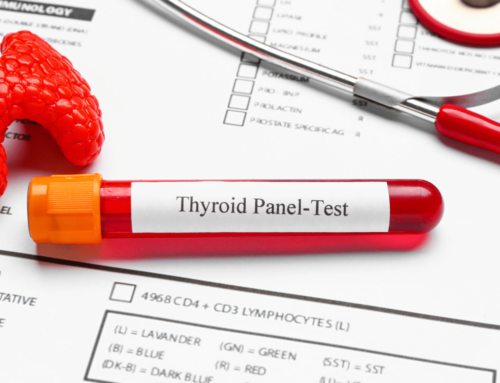Living with allergies or intolerances can be challenging, especially when it comes to managing your diet. Understanding what you can and cannot eat, identifying hidden allergens, and maintaining a balanced diet can seem overwhelming. That’s where dietary counseling comes in. Professional guidance from a dietitian or nutritionist can make a significant difference in managing allergies and intolerances effectively. In this blog post, we’ll explore the importance of dietary and nutrition counseling for those with allergies and intolerances and how it can help in maintaining a healthy lifestyle.
1. Understanding Allergies and Intolerances
- Allergies: Allergies are immune responses triggered by specific proteins in certain foods. Common food allergies include peanuts, tree nuts, dairy, eggs, soy, and gluten. When someone with a food allergy consumes the allergen, their immune system reacts, resulting in symptoms that can range from mild to severe, such as hives, difficulty breathing, or anaphylaxis.
- Intolerances: Food intolerances involve difficulty digesting specific substances in food. Lactose intolerance and gluten sensitivity are common examples. While intolerances don’t typically involve the immune system, they can cause uncomfortable symptoms like bloating, gas, diarrhea, and stomach cramps.
2. Importance of Dietary and Nutrition Counseling
- Personalized Guidance: A registered dietitian or nutritionist can create a customized dietary plan tailored to your specific allergies or intolerances. This plan ensures you get the necessary nutrients while avoiding problem foods.
- Identification of Hidden Allergens: Professionals can help you identify hidden allergens in processed foods that might not be obvious. They can guide you on reading labels and choosing safe food options.
- Balanced Diet Maintenance: Dietary counseling ensures you maintain a well-balanced diet by substituting allergenic foods with suitable alternatives. This is vital for overall health and avoiding nutritional deficiencies.
- Preventing Cross-Contamination: Professionals can educate you on preventing cross-contamination during food preparation, especially if you share a kitchen with those who do not have allergies or intolerances.
3. Working with a Dietitian or Nutritionist
- Assessment: A dietitian will conduct a thorough assessment of your medical history, allergies, intolerances, and dietary preferences.
- Customized Meal Plans: Based on the assessment, they will create a personalized meal plan that accommodates your restrictions and ensures you receive adequate nutrition.
- Education and Counseling: Dietitians will educate you about your allergies or intolerances, provide tips for managing them, and offer strategies to deal with social situations and dining out.
- Follow-Up and Adjustments: Regular follow-up appointments allow for adjustments to the meal plan as needed and ensure you’re on track with your dietary goals.
4. Tips for Managing Allergies and Intolerances
- Read Labels Carefully: Learn to read food labels to identify potential allergens or intolerant ingredients.
- Communicate Clearly: Inform restaurants and others about your allergies or intolerances when dining out to ensure safe food preparation.
- Plan Meals: Plan your meals, especially when traveling, to avoid potential exposure to allergens or intolerant foods.
Dietary and Nutrition counseling plays a pivotal role in managing allergies and intolerances effectively. By seeking professional guidance, you can develop a comprehensive understanding of your dietary restrictions, learn how to navigate the food landscape safely, and ensure a balanced and fulfilling diet that caters to your unique needs. Don’t hesitate to consult a registered dietitian or nutritionist to take the first step towards a healthier, allergy- or intolerance-friendly lifestyle.
Ready to take control of your dietary needs and overcome allergies and intolerances? Contact us today for personalized dietary and nutrition counseling and a healthier future.
Website: www.peakwellness.com
Call Us:
Peak Wellness of Greenwich, CT
203-625-9608
Peak Wellness of Beverly Hills, CA
310-247-9997








